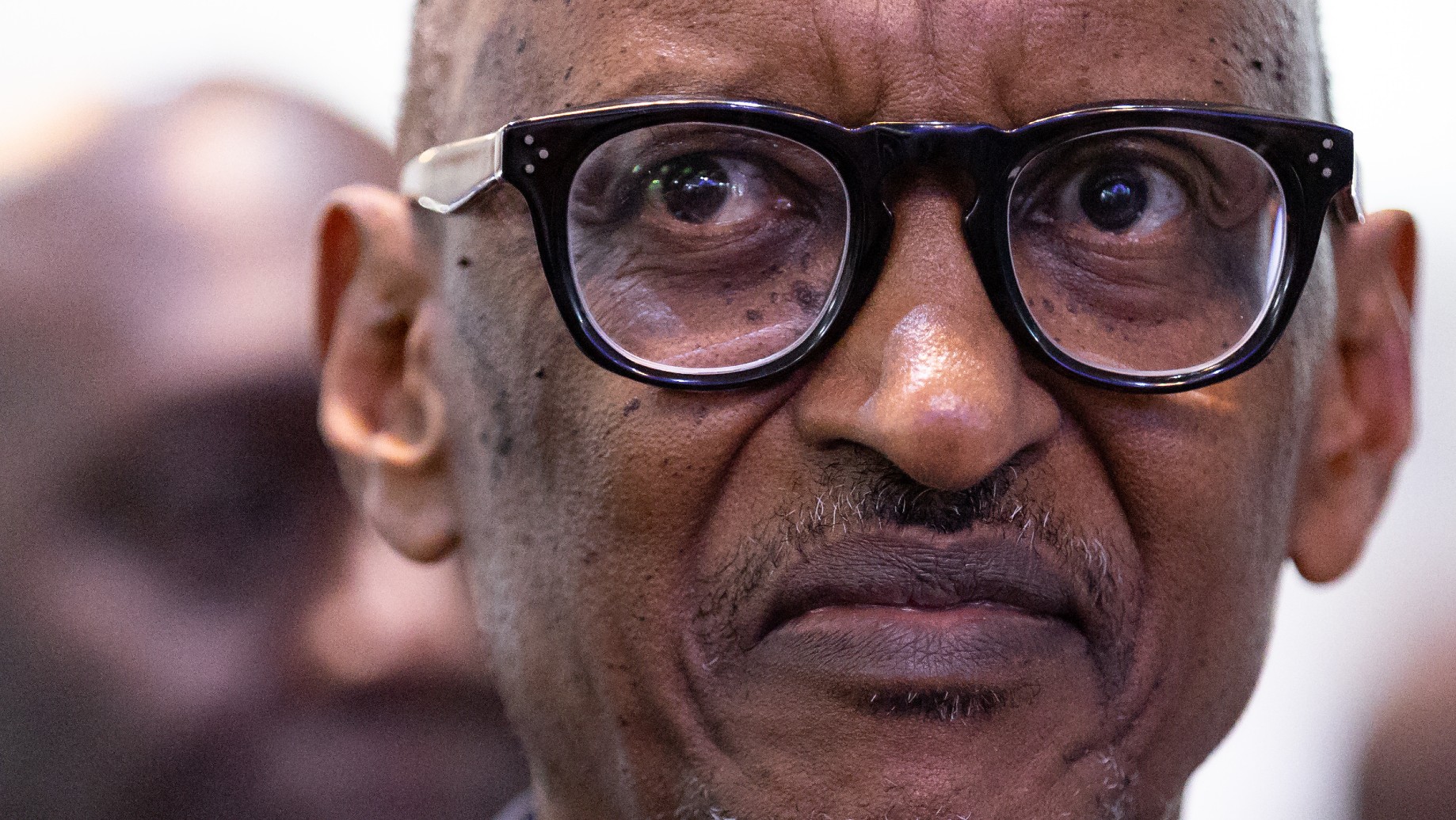Is Rwanda a dictatorship?
The ‘repressive’ African nation is hosting this week’s Commonwealth Heads of Government Meeting

A free daily email with the biggest news stories of the day – and the best features from TheWeek.com
You are now subscribed
Your newsletter sign-up was successful
This week leaders from across the Commonwealth meet in Rwanda for their first summit for four years and the first in Africa since 2007.
The normally biennial Commonwealth Heads of Government Meeting (CHOGM) hasn’t taken place since 2018 because of the pandemic, but leaders will convene in Kigali on 24 and 25 June for talks “to reaffirm their common values and agree actions and policies to improve the lives of all their citizens”.
The CHOGM puts Rwanda under the spotlight again, after the UK government’s initial flight of asylum seekers to the nation was thwarted by a European court ruling last week.
The Week
Escape your echo chamber. Get the facts behind the news, plus analysis from multiple perspectives.

Sign up for The Week's Free Newsletters
From our morning news briefing to a weekly Good News Newsletter, get the best of The Week delivered directly to your inbox.
From our morning news briefing to a weekly Good News Newsletter, get the best of The Week delivered directly to your inbox.
Anjam Sundaram, who spent five years as a journalist in Kigali, is among the critics arguing that Rwanda’s human rights record is being “whitewashed” by events such as CHOGM.
“Paul Kagame, Rwanda’s president, is using this elite gathering – where Kigali will doubtless be presented at its best, polished to perfection – to burnish his international image and conceal his dictatorship,” he claimed in The Telegraph today.
‘Willful failure by the Commonwealth’
“Rwanda is one of the most repressive nations in Africa,” author Michela Wrong said in The Guardian. “The choice of Rwanda sends out nothing but worrying signals about where the Commonwealth is heading.”
Hosting the CHOGM is a “particular prize for regimes who want to use it for what one might call ‘reputation laundering’”, said Philip Murphy, director of the Institute of Commonwealth Studies and professor of British and Commonwealth history at the School of Advanced Study in London, at The Conversation. The choice of Rwanda and its president, Kagame, he continued, seemed like a “willful failure by the Commonwealth Secretariat to learn from recent history”.
A free daily email with the biggest news stories of the day – and the best features from TheWeek.com
Kagame, who rose to power in the wake of the 1994 genocide, is seen as a “benevolent dictator” across Rwanda, reported Deutsche Welle (DW). He has been president for 22 years, winning landslide victories in every election.
In 2017, he won nearly 99% of the vote, noted the German broadcaster. His supporters called the result “an accurate barometer of his enormous popularity in transforming Rwanda from the post-genocide depths into a beacon of African prosperity and stability”, said The New York Times that year. But opponents and rights advocates said it “reflects what they call an oppressive political environment that stifles dissent in the central African nation”.
Kagame’s reputation has survived a series of accusations, added the Financial Times, and his country has come to be “depicted as an African Singapore or even a Switzerland” – something Wrong argues is down to economic figures “doctored by the state”.
She wrote in The Guardian that the government “muzzles the press and human rights activists and opposition leaders are killed or jailed, or simply ‘disappear’”.
Dictatorship ‘not a secret’
The UK Home Office’s own report on human rights in Rwanda, published in May 2022, has invited further probing questions not only on why it is hosting the CHOGM, but also why the country was selected as a location to send asylum seekers who arrive in the UK.
Rwanda ranks 45th of 49 African countries for its freedom to allow opposition parties to form and to participate in elections, 44th for its political liberties, and 47th for its freedom from political killings and torture by the government. Rwanda ranks as “not free” on the Freedom House index.
“Everybody knows that we have a dictatorship in Rwanda. That is not a secret,” said opposition leader Victoire Ingabire Umuhoza in The Times. The UK’s association with the country is “betraying the values” it purports to uphold, values that “Rwanda does not respect”, she said.
In DW, the president’s adviser Jean-Paul Kimonyo said: “Here in Rwanda, a possible extension of our President’s term of office is currently not an issue. We want more prosperity and we need strong leadership for this. And Rwandans are currently very satisfied with their leadership.”
Speaking ahead of his flight to the east African state, Boris Johnson said his trip would offer the opportunity to help “shed some of those condescending attitudes towards Rwanda”. The country has “undergone an absolute transformation” in the past couple of decades and come on “leaps and bounds” in “taking society forward”, the prime minister has said.